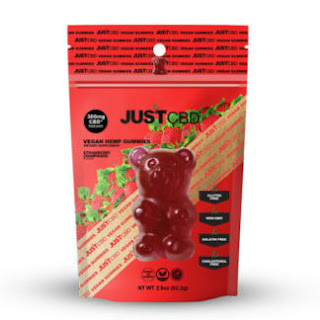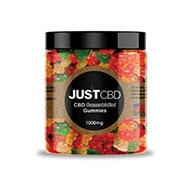Hemp Extract vs. CBD and Infused Edibles: Understanding the Differences
The popularity of hemp-derived products, particularly CBD (cannabidiol), has surged in recent years, leading to a booming market flooded with a variety of options. Two common forms of consumption are hemp extract and CBD-infused edibles. While both come from the hemp plant and share similar origins, they have distinct differences in their composition, effects, and usage. In this article, we will delve into the disparities between hemp extract and CBD-infused edibles to provide a comprehensive understanding of these products.
Hemp Extract
Hemp extract is a broad term used to describe any product derived from the hemp plant, which is part of the Cannabis sativa species. Hemp contains a range of compounds, including cannabinoids, terpenes, flavonoids, and essential fatty acids. The primary cannabinoids found in hemp extract are cannabidiol (CBD) and, in trace amounts, tetrahydrocannabinol (THC), the psychoactive compound associated with marijuana.
CBD content in hemp extract varies, and products can be further classified into full-spectrum, broad-spectrum, or CBD isolate. Full-spectrum hemp extract contains all the naturally occurring cannabinoids, terpenes, and other compounds, including trace amounts of THC, within legal limits (usually less than 0.3%). Broad-spectrum hemp extract, on the other hand, retains most of these compounds but eliminates THC. CBD isolate is a purified form of CBD, containing no other cannabinoids or compounds.
CBD-Infused Edibles
CBD-infused edibles are food or beverage products that have been infused with CBD extracted from the hemp plant. Edibles provide a discreet and convenient way to consume CBD, making them a popular choice among users. Common edibles include gummies, chocolates, beverages, and baked goods.
When consuming CBD-infused edibles, the CBD is absorbed through the digestive system, which can result in a delayed onset of effects compared to other methods like sublingual tinctures. The bioavailability of CBD in edibles can be lower due to the digestive process, but it typically provides a longer-lasting effect.
Differences and Considerations
-
Bioavailability and Absorption: Hemp extract, when taken sublingually (under the tongue), is absorbed directly into the bloodstream, providing quicker effects with higher bioavailability. On the other hand, CBD-infused edibles undergo the digestive process, resulting in slower absorption and potentially reduced bioavailability.
-
Onset and Duration of Effects: Hemp extract usually offers a faster onset of effects compared to CBD-infused edibles due to the direct absorption in the bloodstream. Edibles may take longer to take effect but can provide a longer-lasting effect.
-
Taste and Administration: Hemp extract is typically available as oils, tinctures, capsules, or vapes, while CBD-infused edibles offer a tastier and more palatable option for those who may not enjoy the natural taste of hemp.
-
Regulations and THC Content: Hemp extract, especially in full-spectrum form, may contain trace amounts of THC within legal limits. CBD-infused edibles usually have THC removed or reduced to undetectable levels.



Comments
Post a Comment